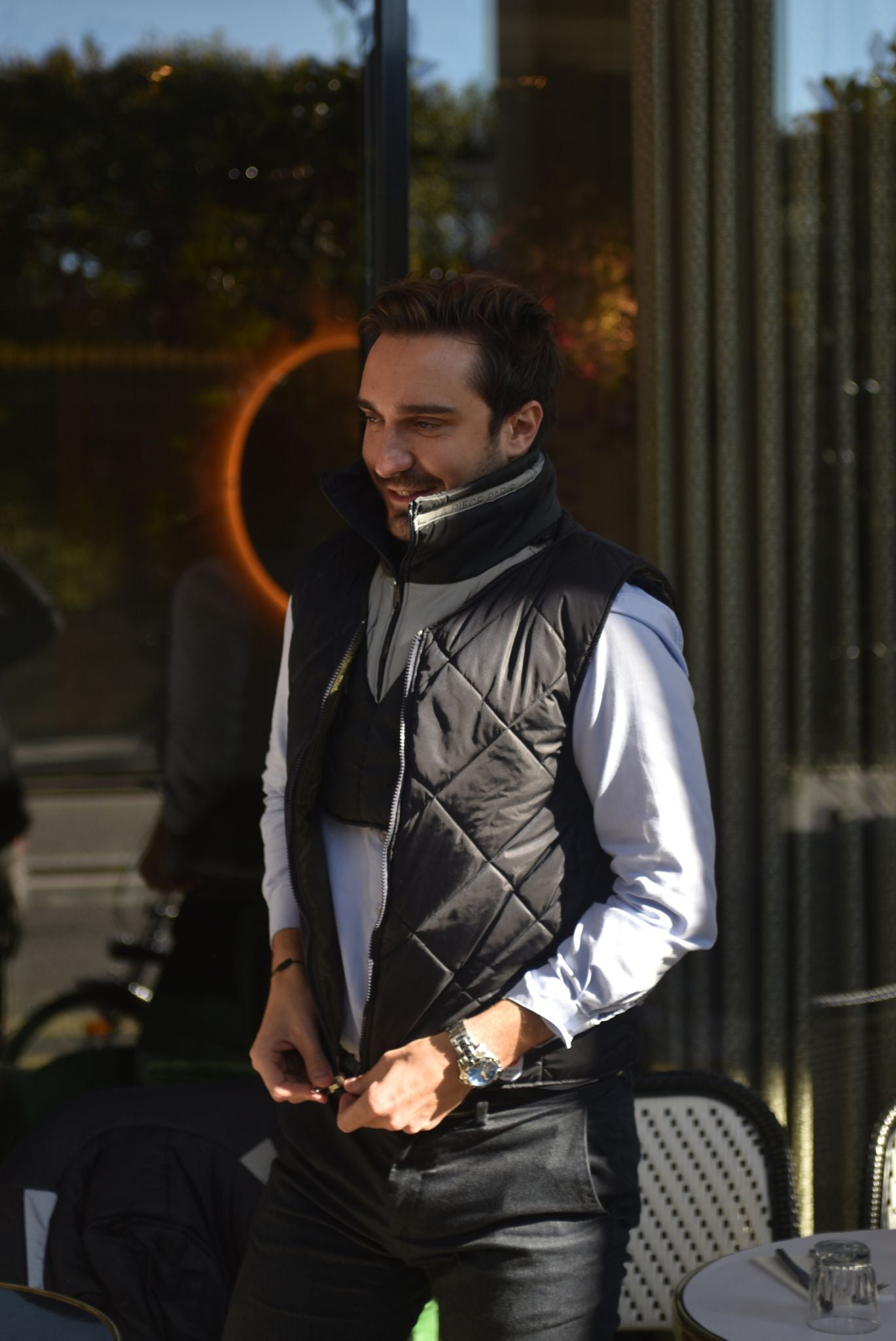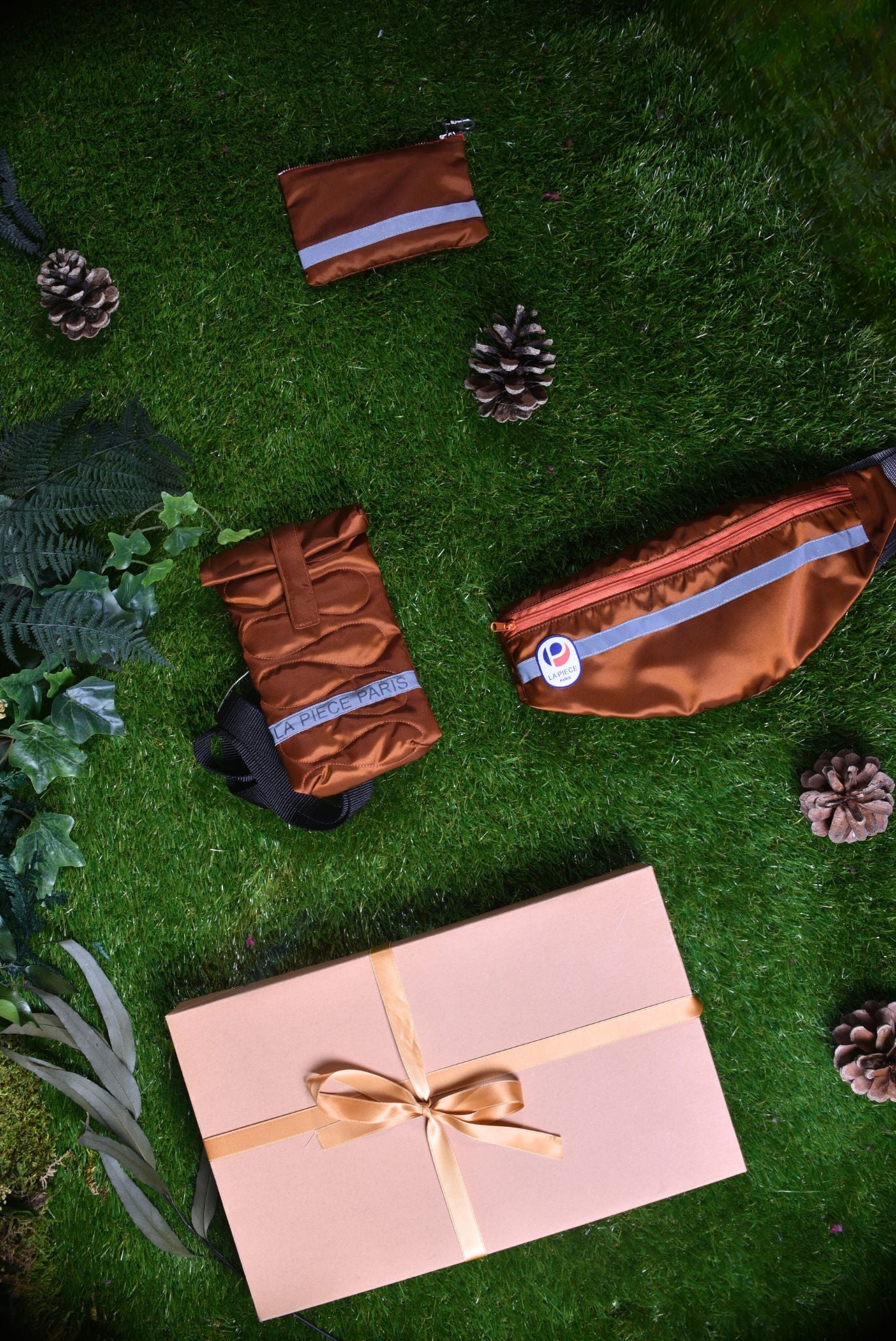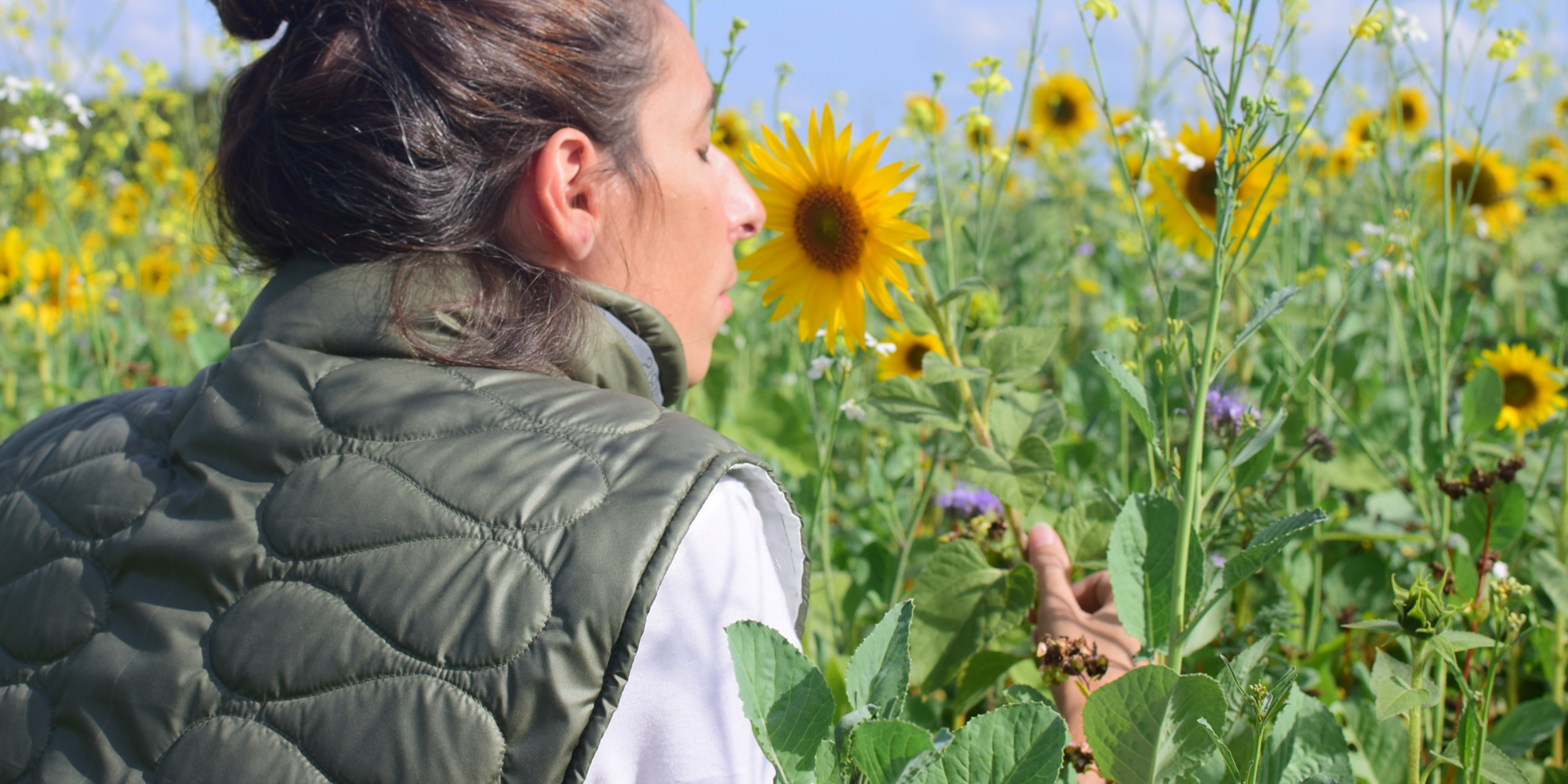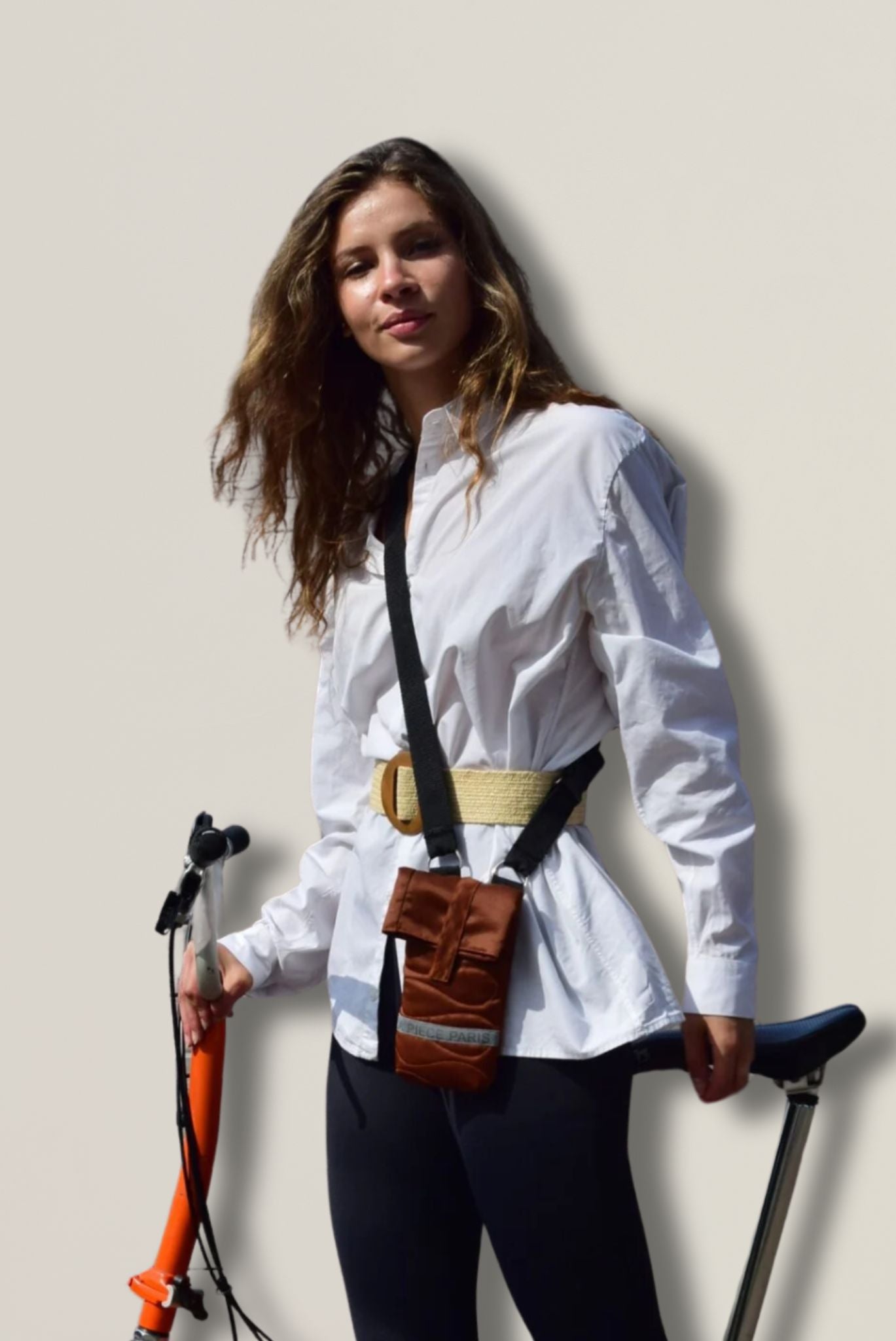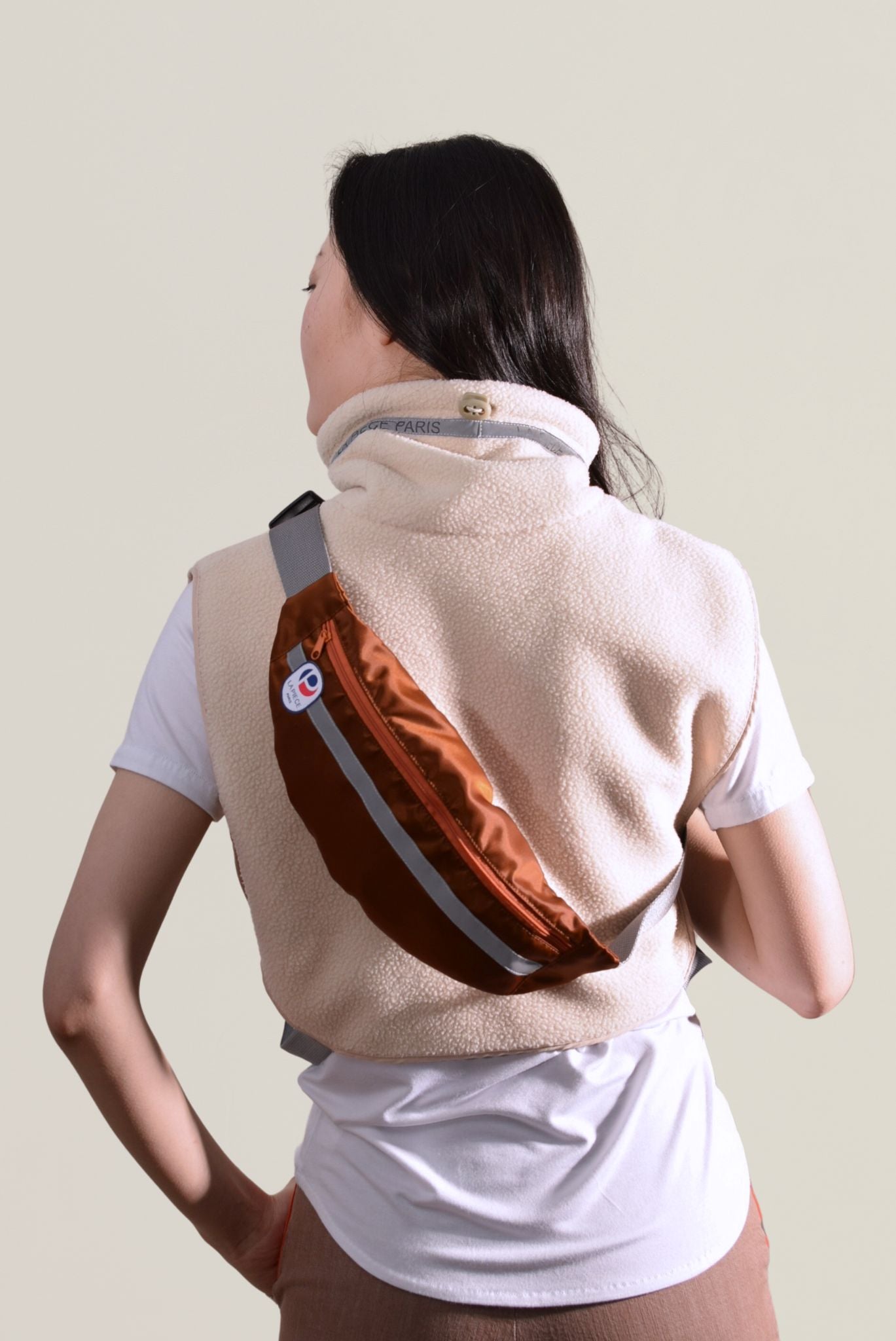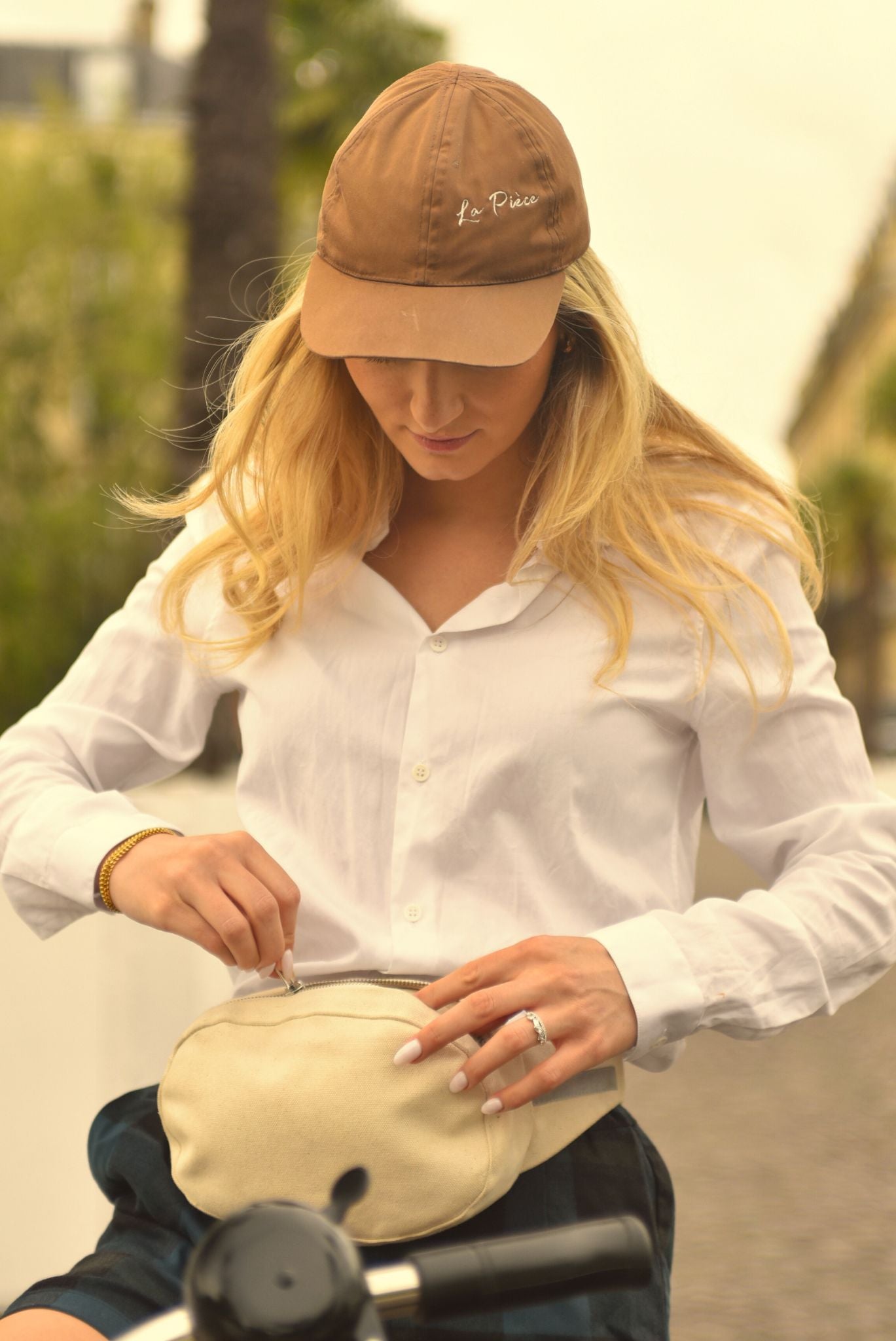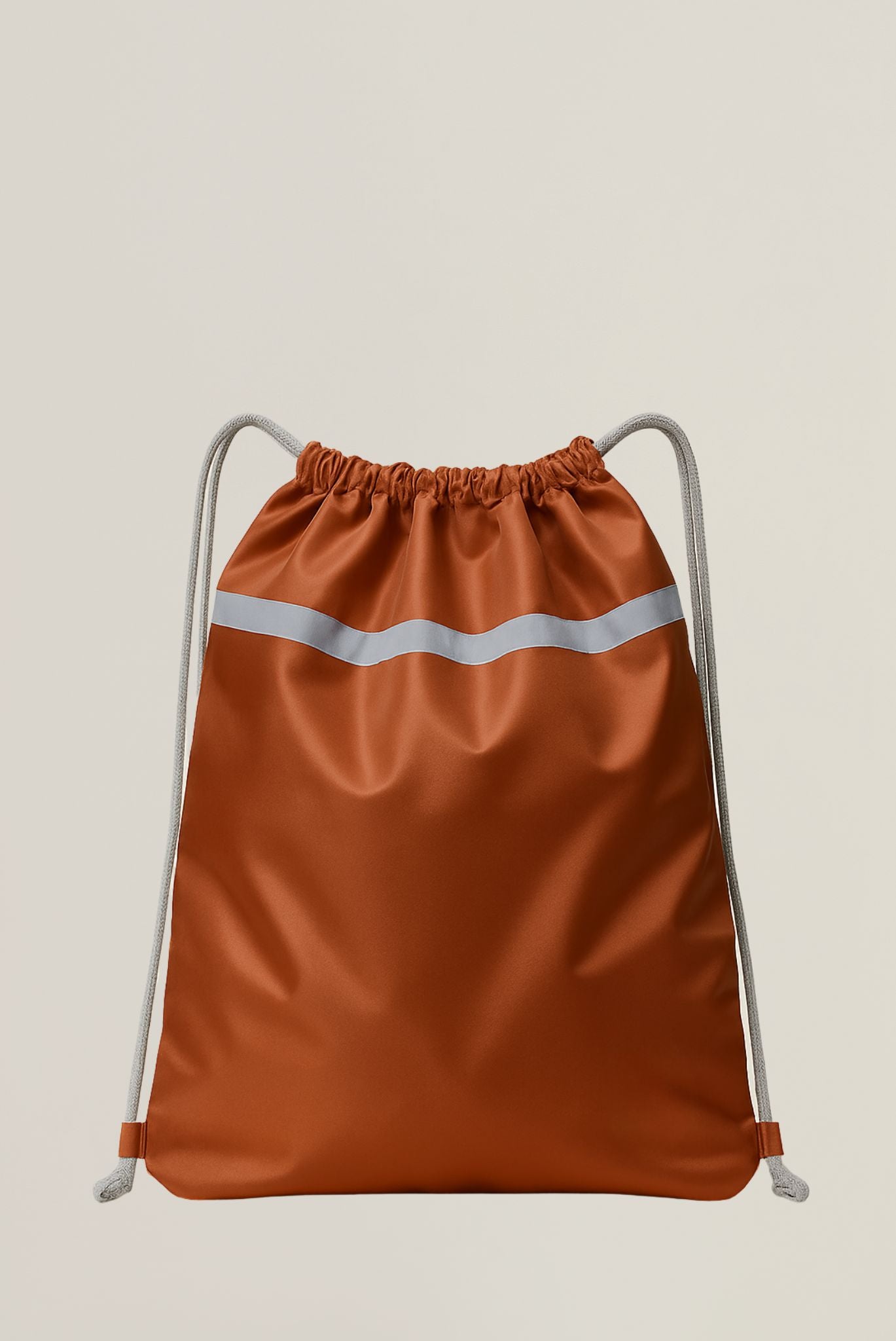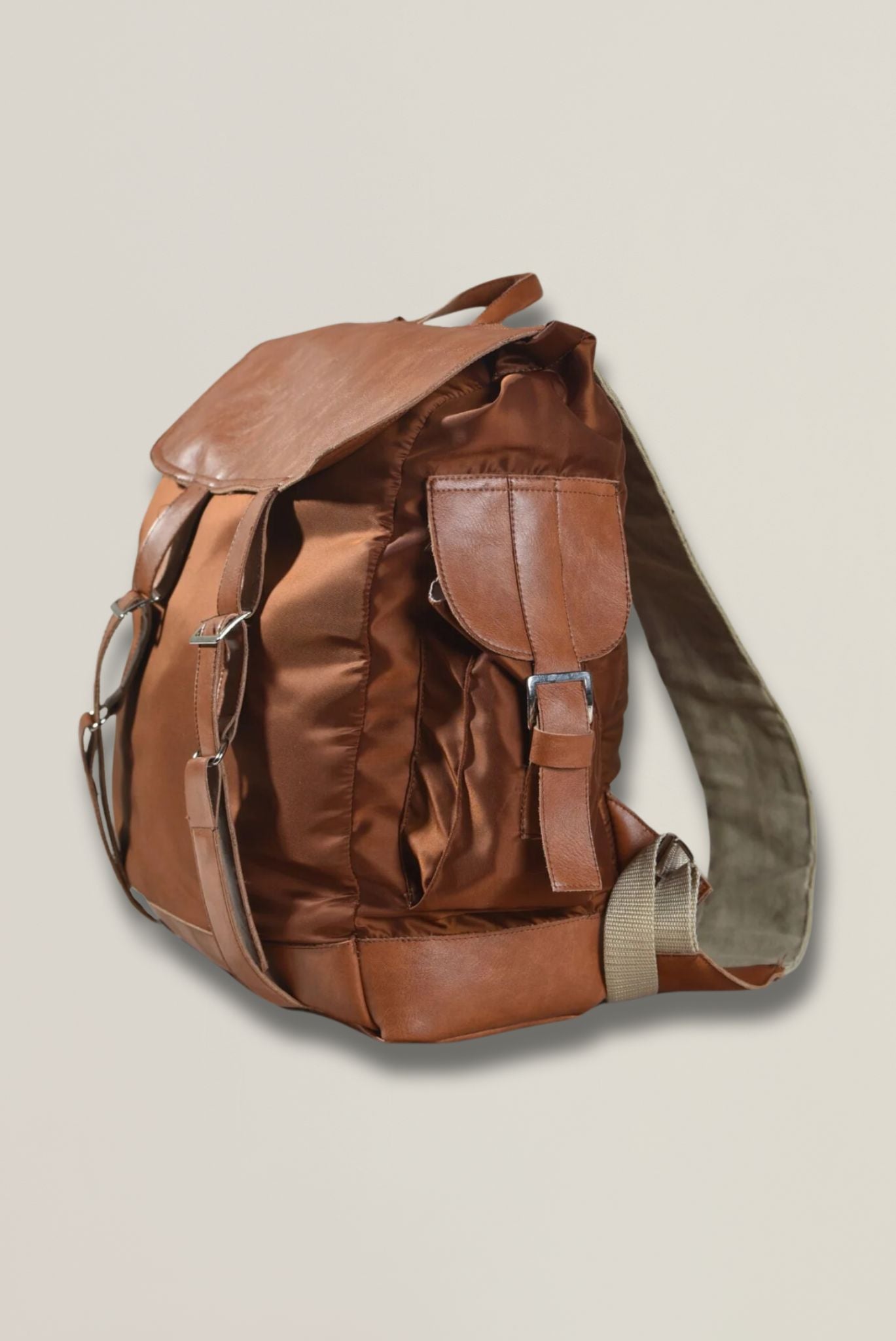Eco-conception
The study we are about to present is part of the ongoing eco-design approach of La Pièce Paris, a method in place since 2017.
The commitment to ethical and sustainable fashion has led La Pièce to explore new ways to minimize our ecological footprint, while preserving the elegance that characterizes our creations. This in-depth study of the environmental impact of the products, conducted in collaboration with the environmental consulting firm Deceo, is fully part of this quest for ecological excellence. Discover below the results of this exploration, which confirm the brand's commitment to responsible fashion that respects our planet.
Environmental Impact Analysis
Within the eco-design approach, La Pièce Paris has undertaken an in-depth study of the environmental impact of our products, relying on the Life Cycle Analysis evaluation tool.
This approach has made it possible to measure the virtue of the brand's items created with eco-designed fabrics compared to their equivalents in mass retail.
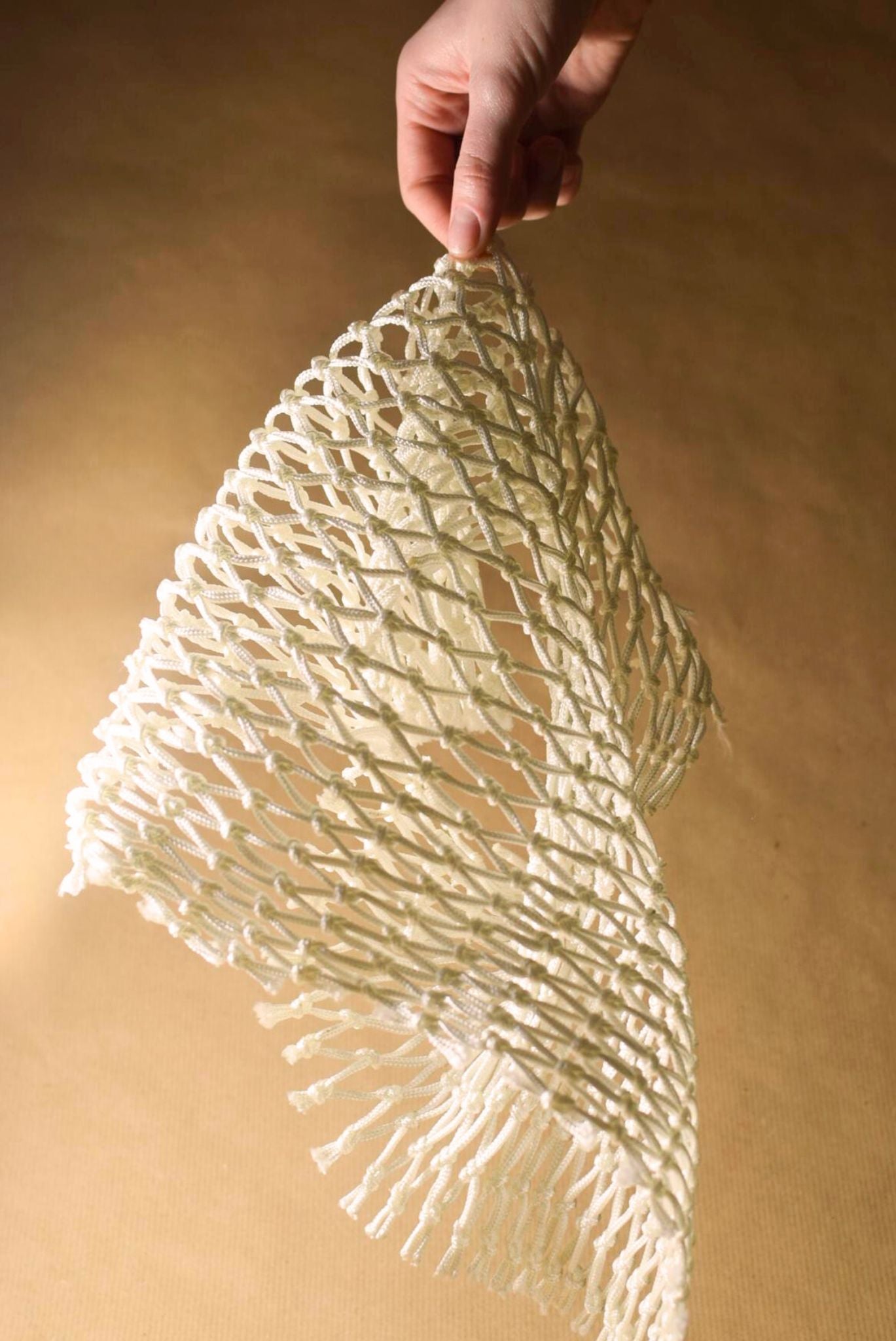
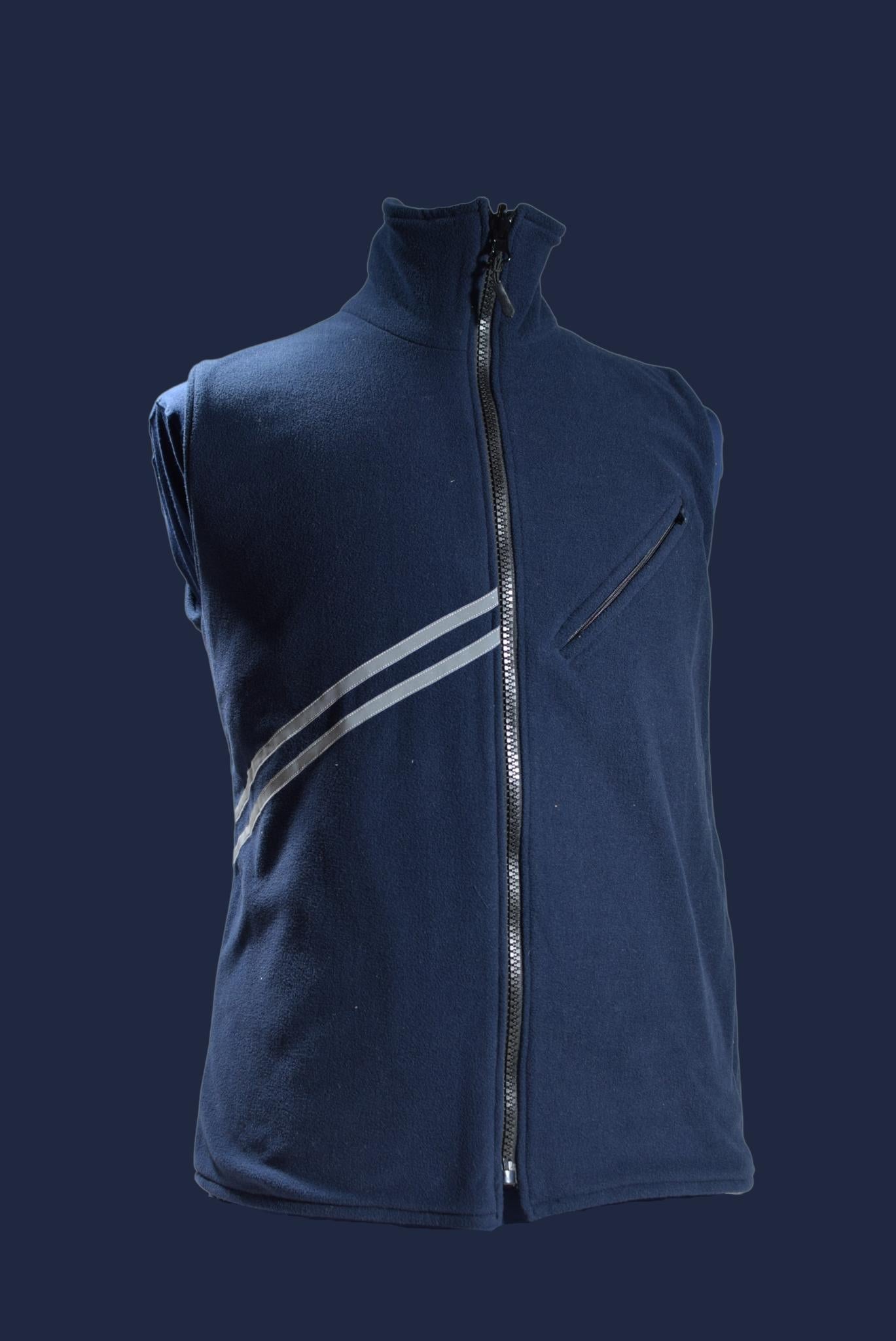
The collaboration with the environmental consulting firm Deceo began with awareness-raising on eco-design, highlighting the importance of the circular economy and the Life Cycle Analysis methodology.
This made it possible to determine an environmental score and compare different scenarios considering various parameters, such as mass, material choice, and manufacturing location. The research team kept in mind the essence of the multi-stage concept in the life cycle of La Pièce's garments, as well as the multiple impacts that go beyond the simple measurement in equivalent kilograms of CO2.
This rigorous assessment focused on three of our items, requiring close collaboration with La Pièce's suppliers.
The firm sought data related to the environmental impact of their innovative materials, exploring several environmental aspects. This data was essential to enrich the Base Empreinte, a calculation reference provided by Ademe.
Moreover, La Pièce and Deceo conducted a detailed analysis of the components of the items, from outer fabrics to linings, including zippers. The goal was to ensure a comprehensive collection of all relevant information before making decisions on which elements to consider or disregard.
Thanks to the manufacturing of items in France, combined with a decarbonized electricity mix, the process was approached with a certain peace of mind. The results of this assessment were sources of satisfaction and validation for our choices.
For example, the CAMDEN women's reversible fleece jacket emits 75% less CO2 than that of a leader in the sports goods industry. Similarly, the DIAGONAL fanny pack shows a 40% reduction in CO2 emissions and a 32% decrease in fossil resource use.
Thus, this study supports that La Pièce's clothing range stands out for its low environmental impact, further proof of the brand's commitment to ethical and sustainable fashion.
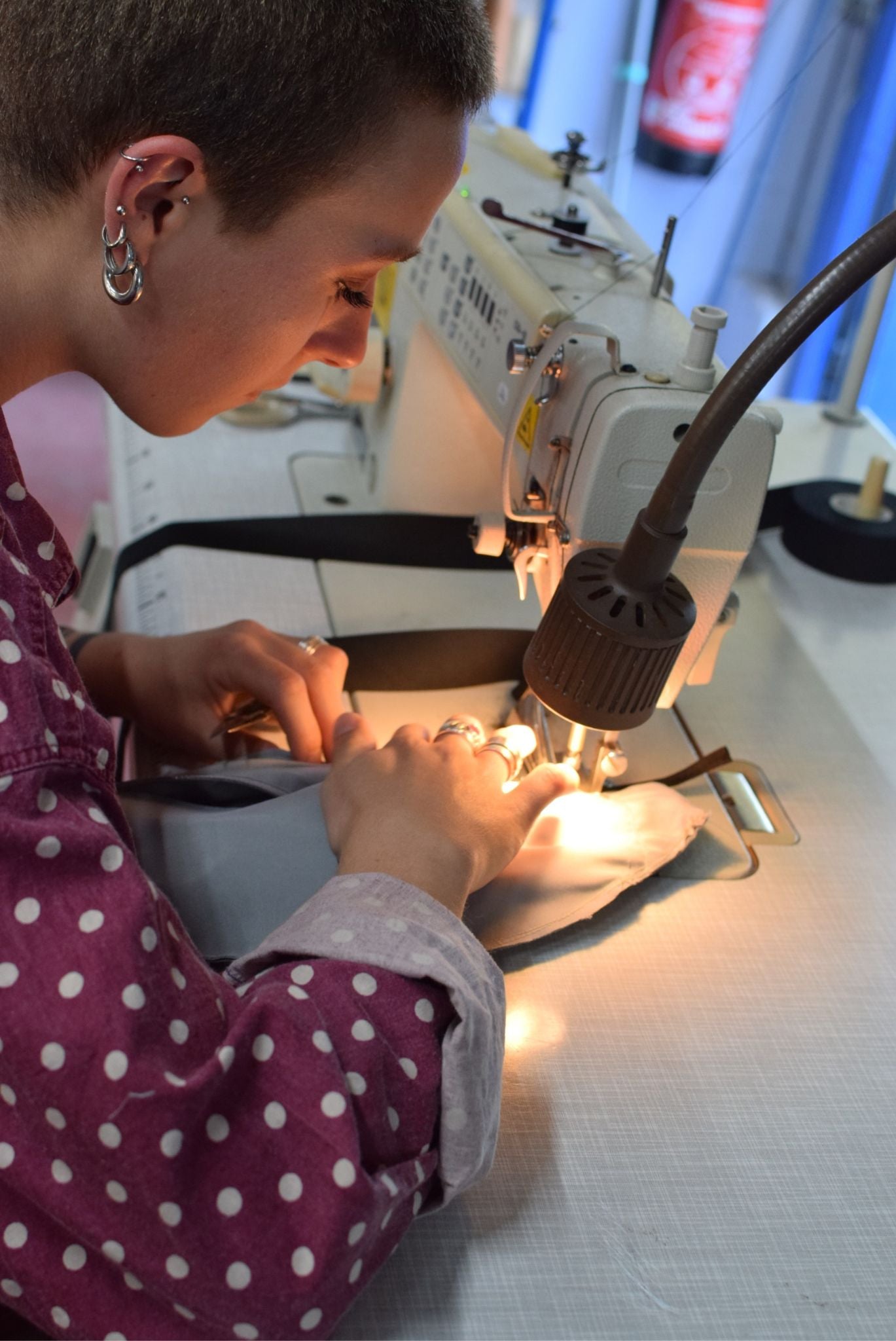
This study is supported by:





